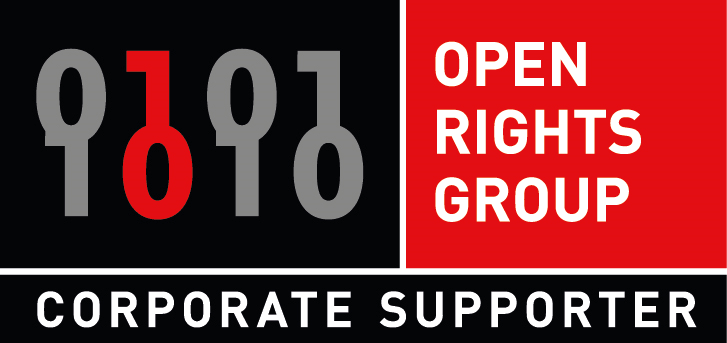Email Acceptable Use Policy
Go back to the Terms of Service index
Last updated:
While you may consider printing a copy of this document for your records, please note that we reserve the right to change this document at any time, without prior notice. The current version will always be visible on our site.
All of the provisions of LCHost Internet’s Email Acceptable Use Policy (hereinafter referred to as EAUP) shall apply to all access, transport, system, or service Accounts billed to a designated Account Holder (hereinafter referred to as “Customer”). All services provided to the Customer by LCHost (hereinafter referred to as “LCH”) are collectively termed under an “Account”.
Overview
Emailing other Internet users is a matter of common sense, courtesy and manners.
The majority of Internet users are able to use their own sense of what is appropriate. From time to time email of unwelcome types is sent and received.
It is not always obvious whether such mail is innocent, inadvertent, or intentional, however, certain activities will result in action being taken by LCH as described later in this document.
LCH provides email services as part of a number of it’s packages and reserves the right to change this Acceptable Use Policy for email services at their sole discretion and without prior notice. Any decision made by LCH in relation to this service shall be final on all matters.
Types of Abuse
Under the EAUP, abuse of email includes, but is not limited to, the following:
Chain Letters and Pyramid-Selling Schemes
Such messages work (or rather, don’t work) in much the same way as their paper-based cousins. The most common example of this in email is MAKE-MONEY-FAST. In addition to being a waste of resources, such messages are illegal in certain countries.
Unsolicited Commercial Email (UCE)
Unsolicited Commercial Email is advertising material received by email without the recipient either requesting such information or otherwise expressing an interest in the material advertised.
Receipt of unsolicited commercial advertising therefore costs time and in some cases money (in the case of users on metered internet access) and is particularly unwelcome.
It should be noted that a user has not expressed an interest by the mere act of posting a news article in any particular newsgroup, unless of course they have made a specific request for information to be emailed to them.
Unsolicited Bulk Email (UBE)
Similar to the above UCE but not attempting to sell anything. Its sole purpose is usually to annoy.
Forged headers and / or Addresses
Forging headers or messages means sending mail such that its origin appears to be another user or machine, or a non-existent machine.
It is also forgery to arrange for any replies to the mail to be sent to some other user or machine.
However, in either case, if prior permission has been granted to you by the other user or the administrators of the other machine, then there is no problem, and of course “null” reverse paths can be used as defined in the relevant RFCs.
Mail Bombing
Mail bombing is the sending of multiple emails, or one large email, with the sole intent of annoying and / or seeking revenge on a fellow Internet user. It is wasteful of shared Internet resource as well as serving no value to the recipient.
Due to the time taken to download it, sending long email to sites without prior agreement can amount to denial of service, or access to email at the receiving site. Note that if binary attachments are added to mail this may increase the size considerably. If prior arrangement has not been made, the mail will be extremely unwelcome.
Denial of Service attacks
Denial of Service is any activity designed to prevent a specific host on the Internet making full and effective use of their facilities. This includes, but is not limited to:
- Mail bombing an address in such a way to make their Internet access impossible, difficult, or costly.
- Opening an excessive number of mail connections to the same host.
- Intentionally sending email designed to damage the receiver’s systems when interpreted; for example, sending malicious programs or viruses attached to an email.
- Using a smarthost or SMTP relay without authorisation to do so.
Mailing List Subscriptions
You must not subscribe anyone, other than a user on your own host, to a mail list or similar service without their permission.
Illegal Content
You must not send via email any item which it is illegal to send or possess. This includes material which is prohibited under the various Acts of Parliament dealing with material sent over a public telecommunications network, notably the telephone system.
Breach of Copyright or Intellectual Property
You must not send Copyright material or Intellectual Property via email unless you have permission to do so from the copyright holder(s).
Breach
Failure to follow this EAUP when using a LCH account will result in any/all of the following actions:
- The Account may be terminated immediately.
- No refund of monies paid for the Account will be made.
- Should it, in the sole opinion of LCH, be considered necessary, a public announcement will be made.
Non-enforcement of any section of this EAUP does not constitute consent and LCH reserves the right to enforce this EAUP at its sole discretion.
If any paragraphs in this Agreement are found to be unenforceable or invalid, The Customer’s and the LCH agreement on all other paragraphs shall remain valid.



